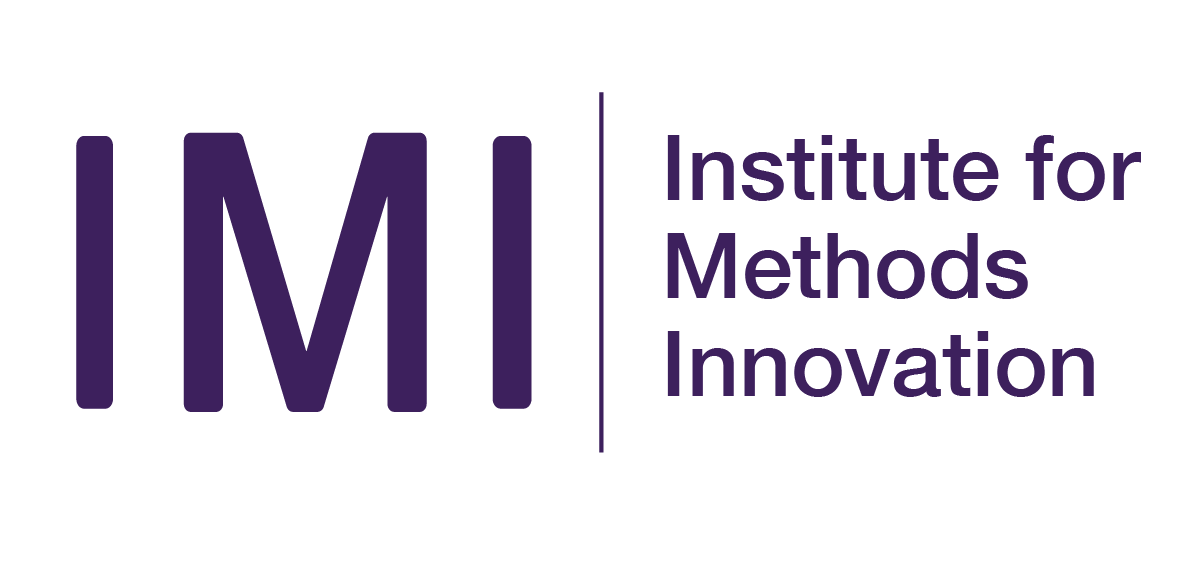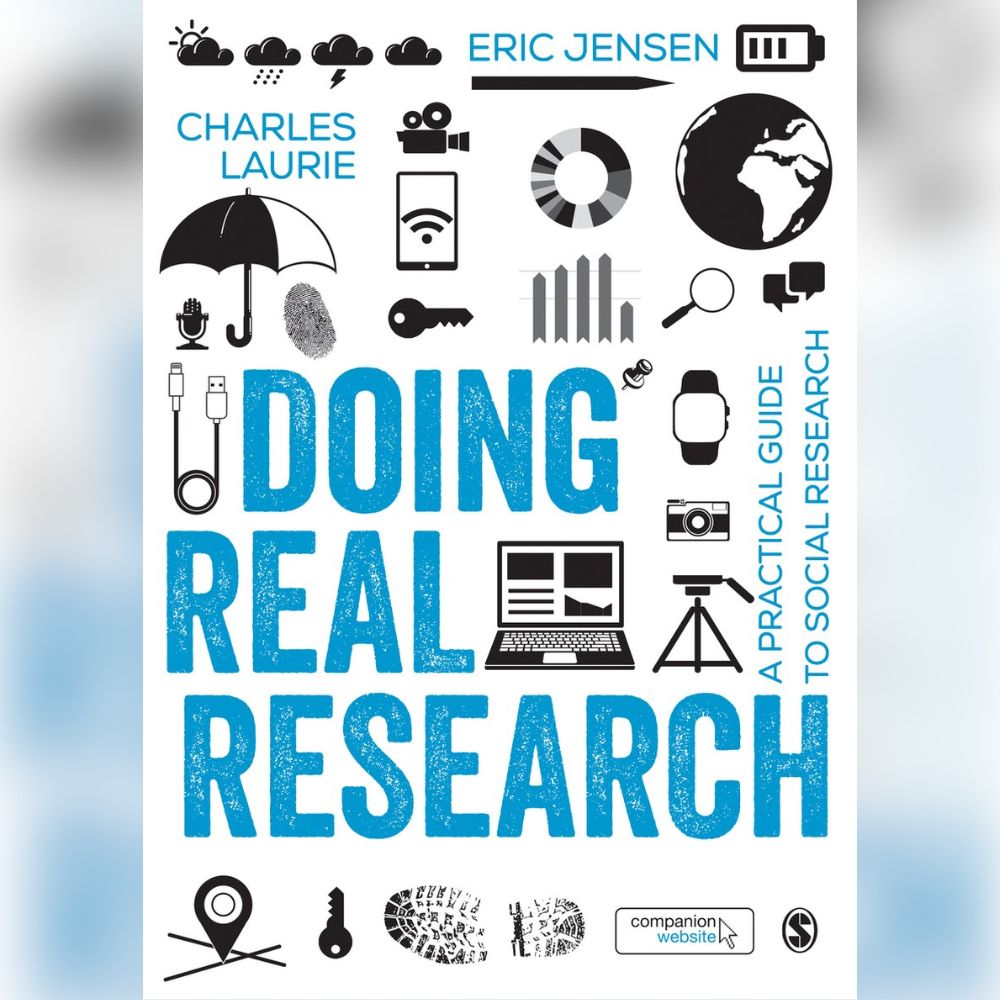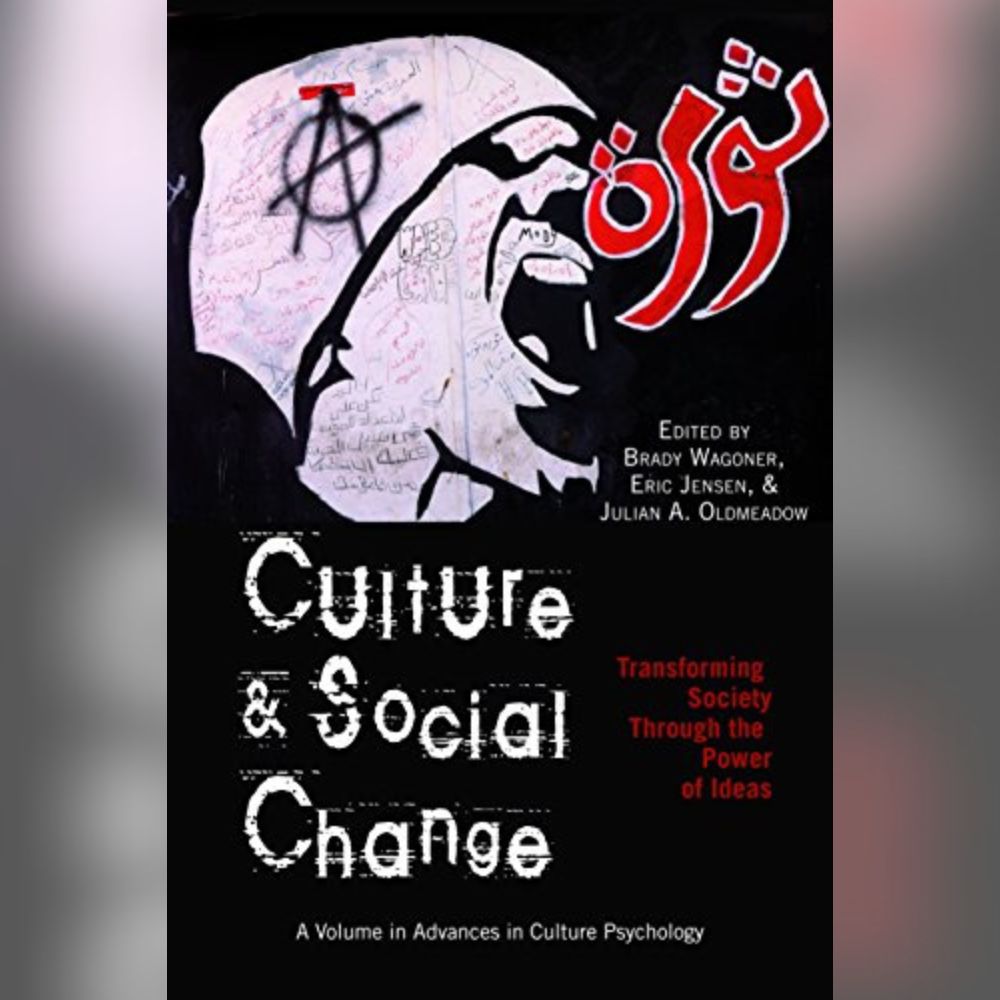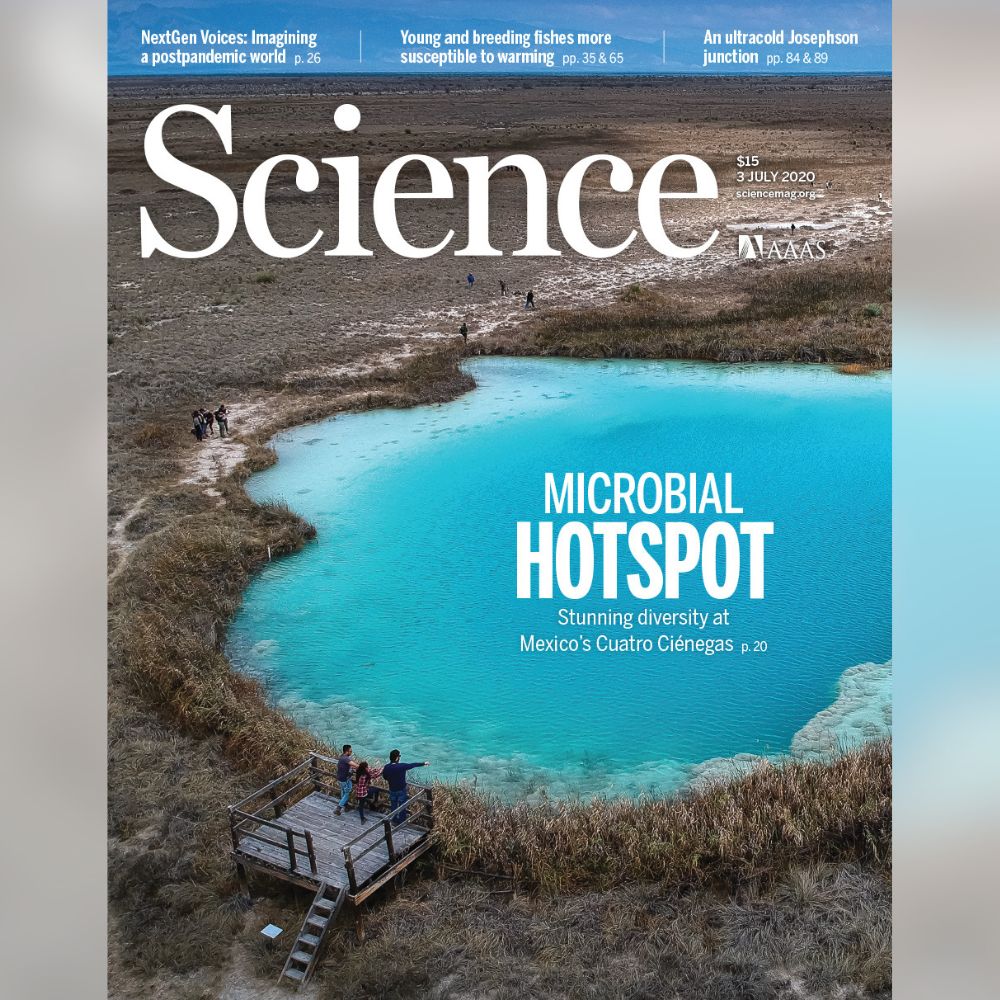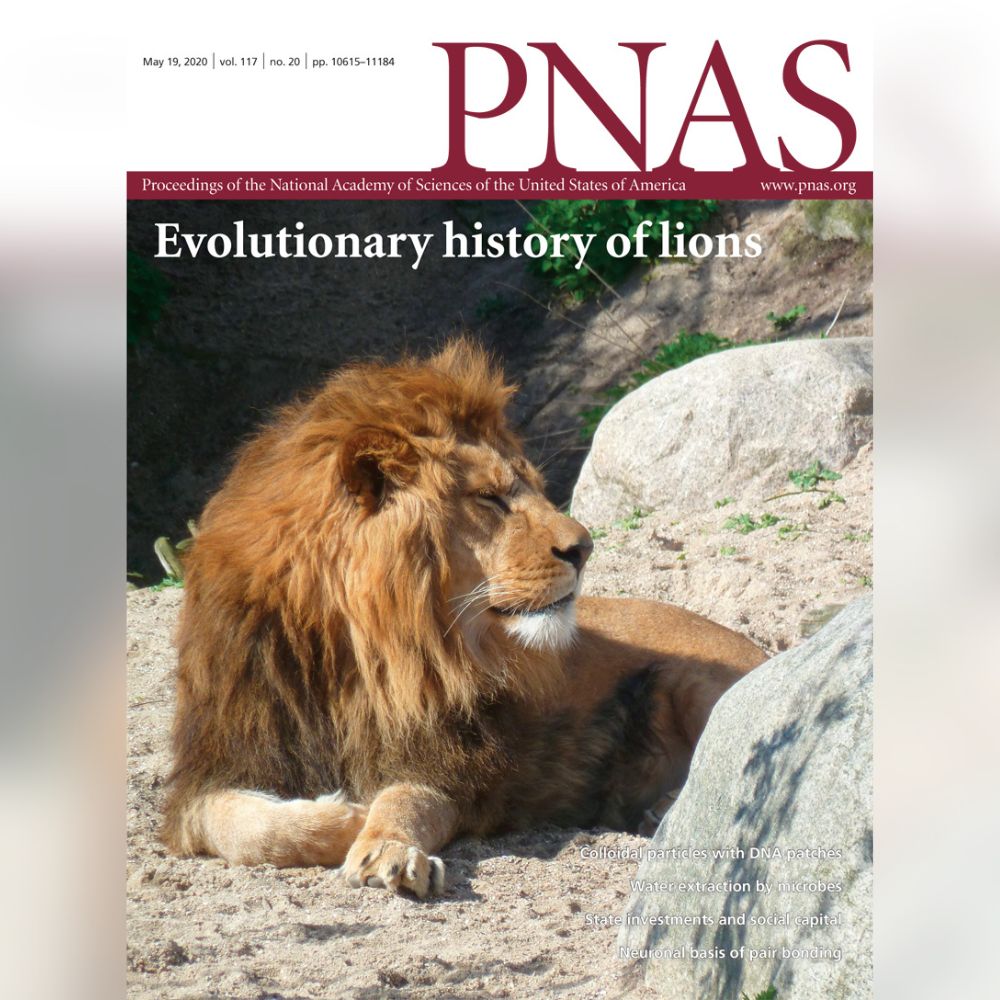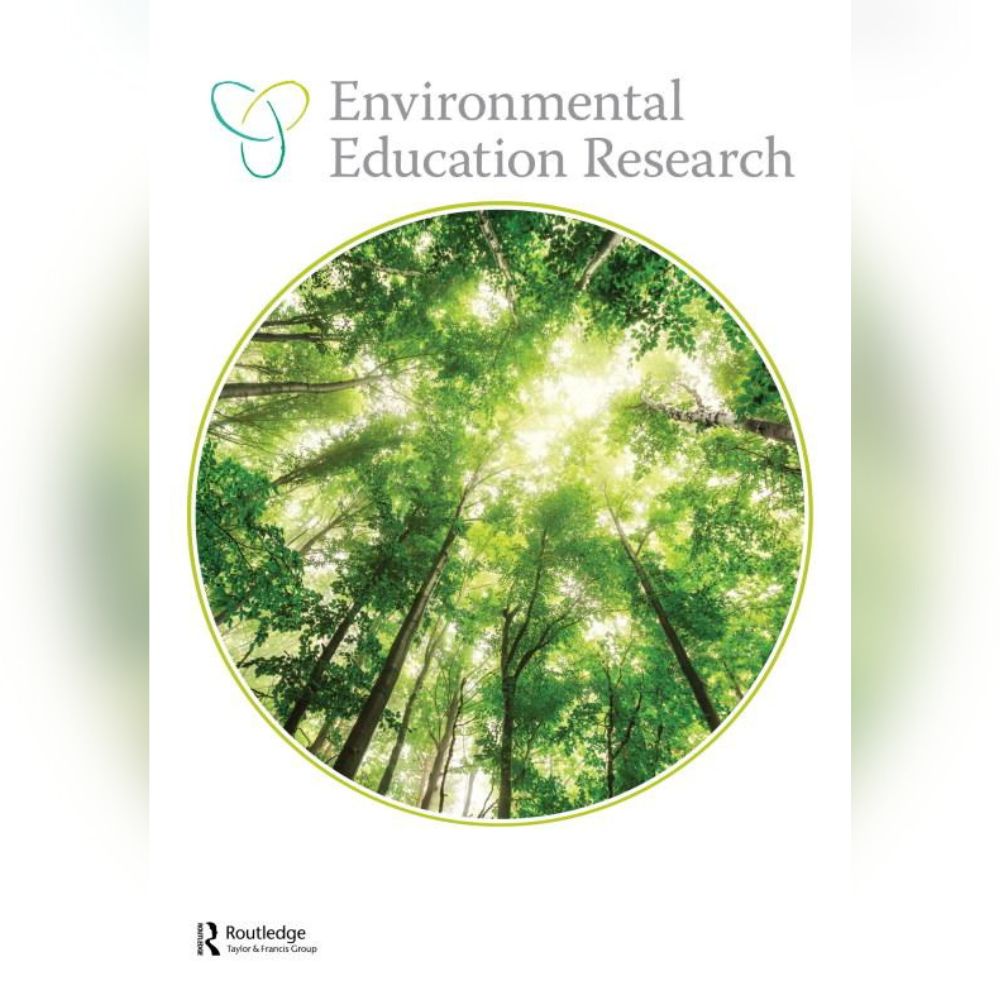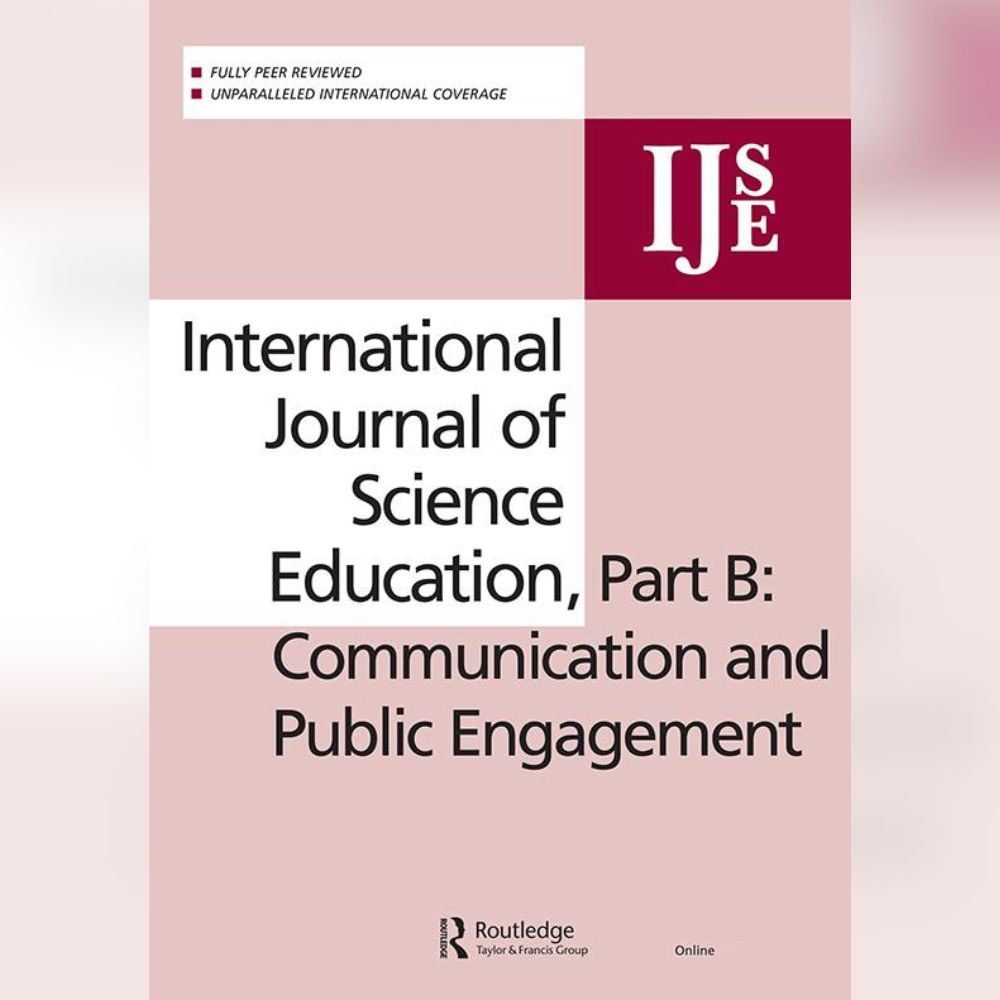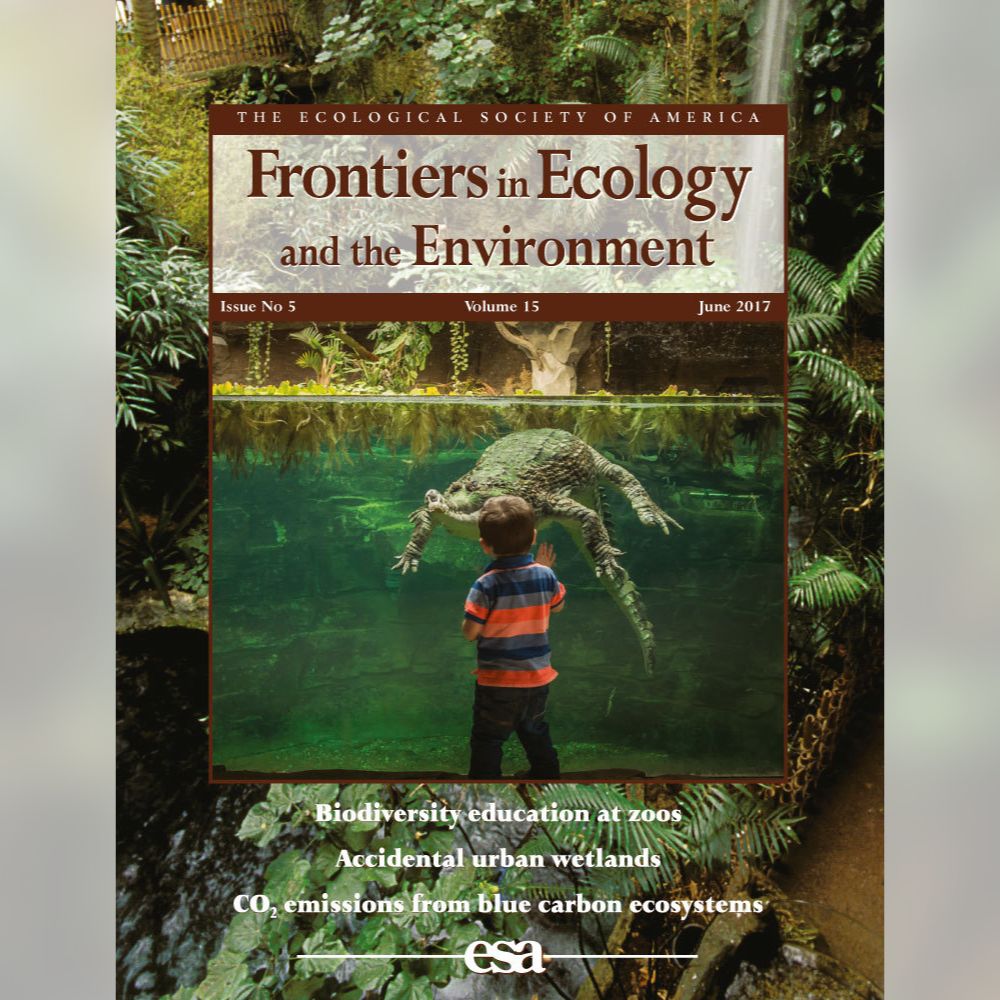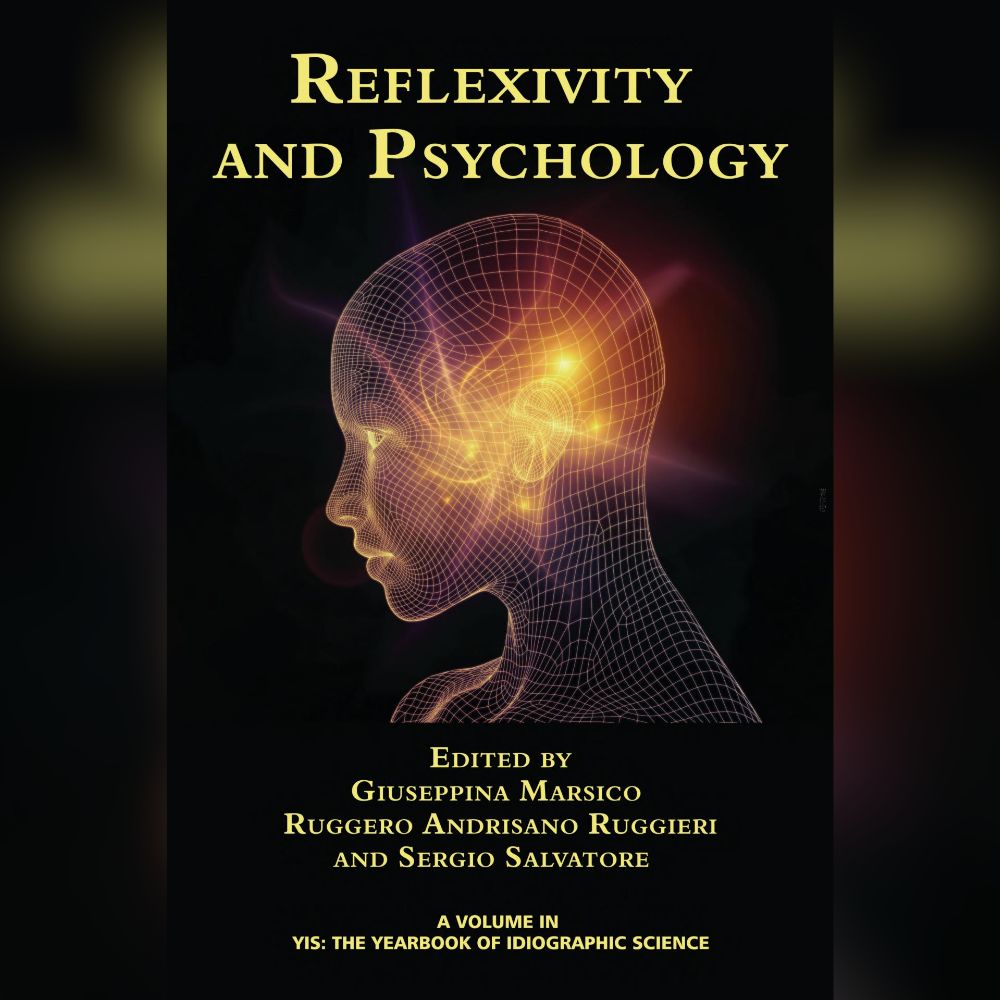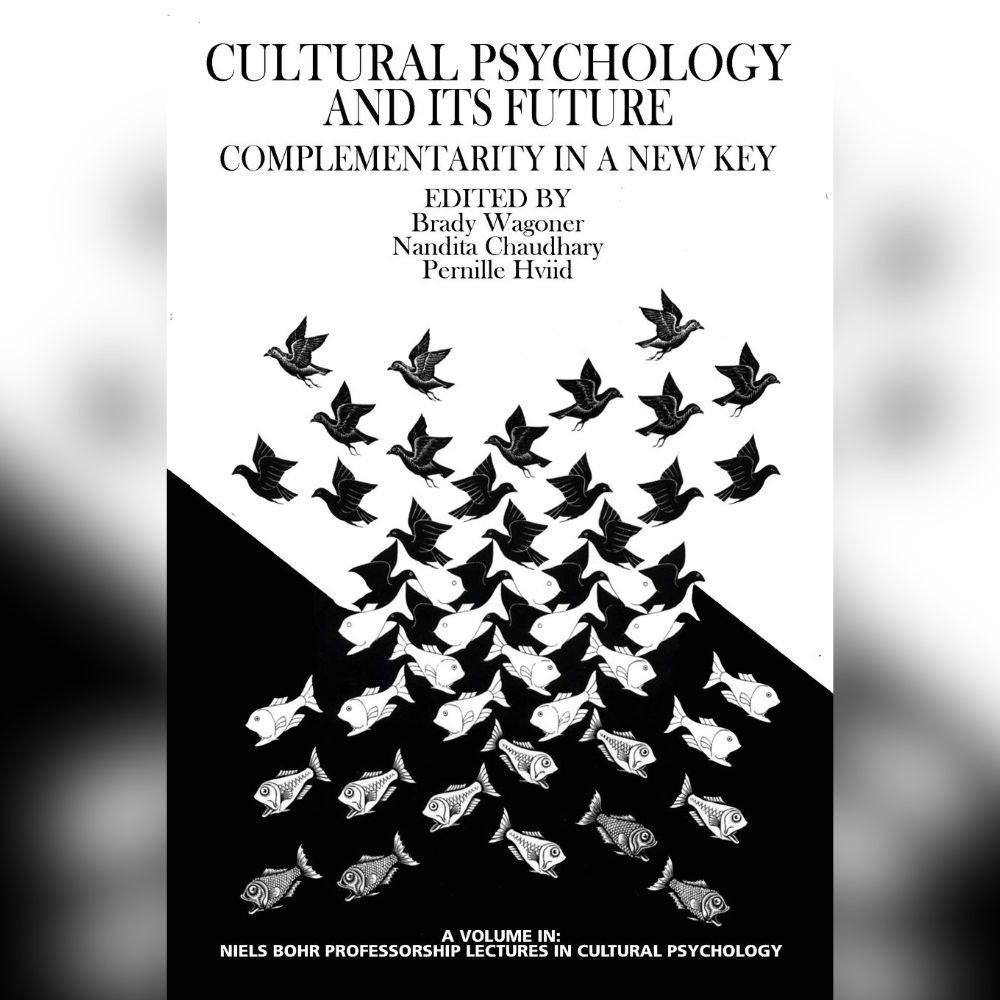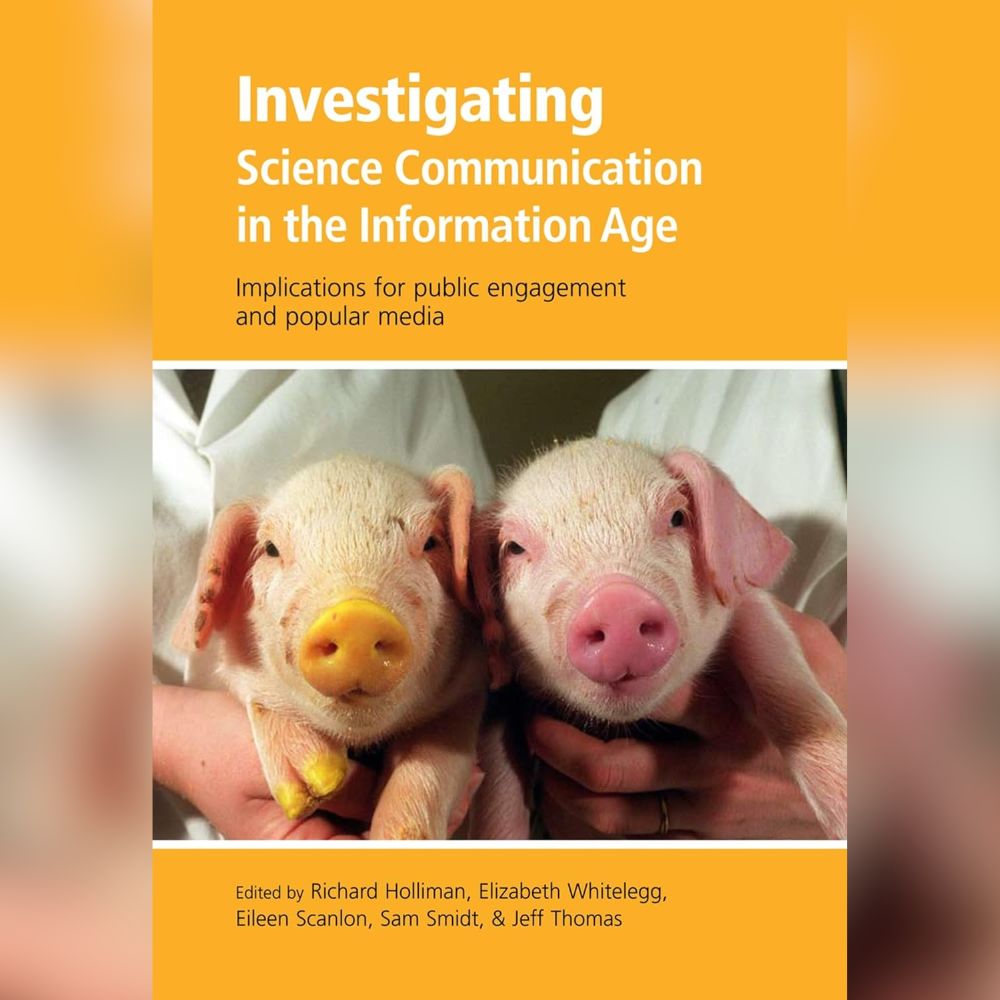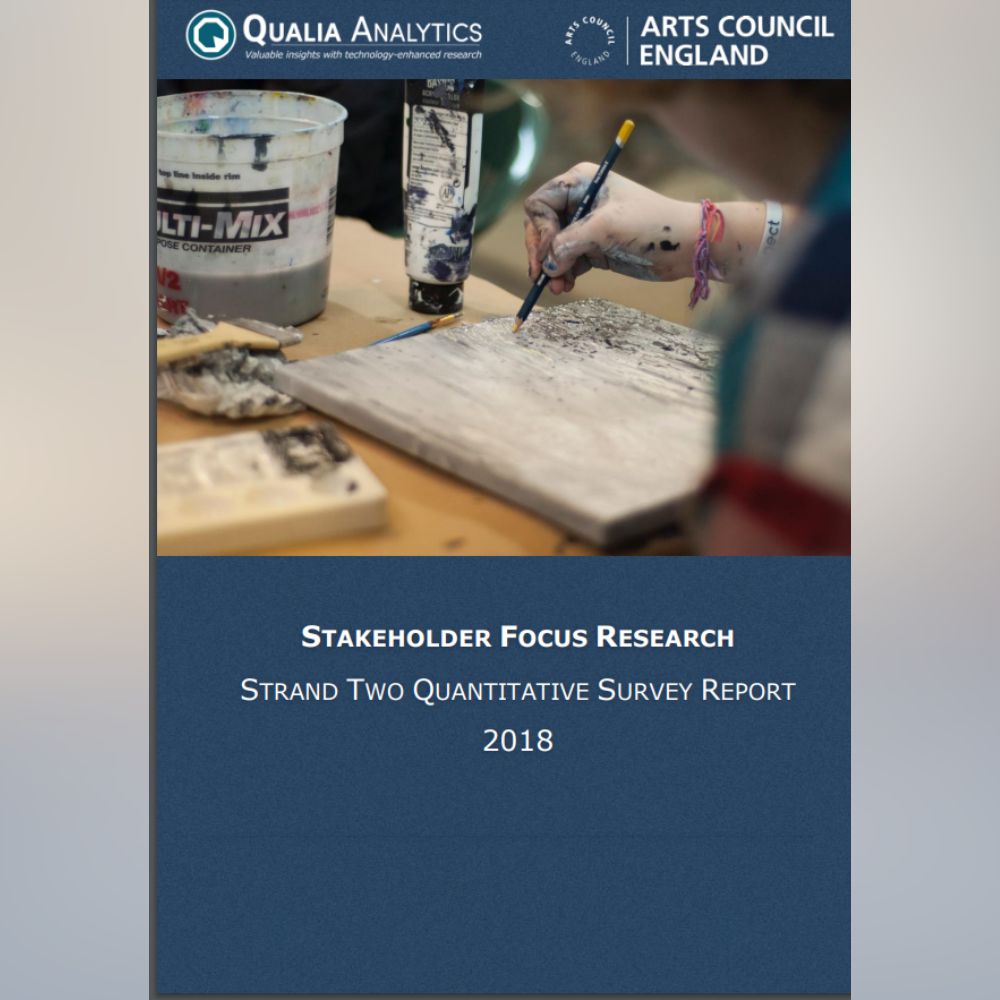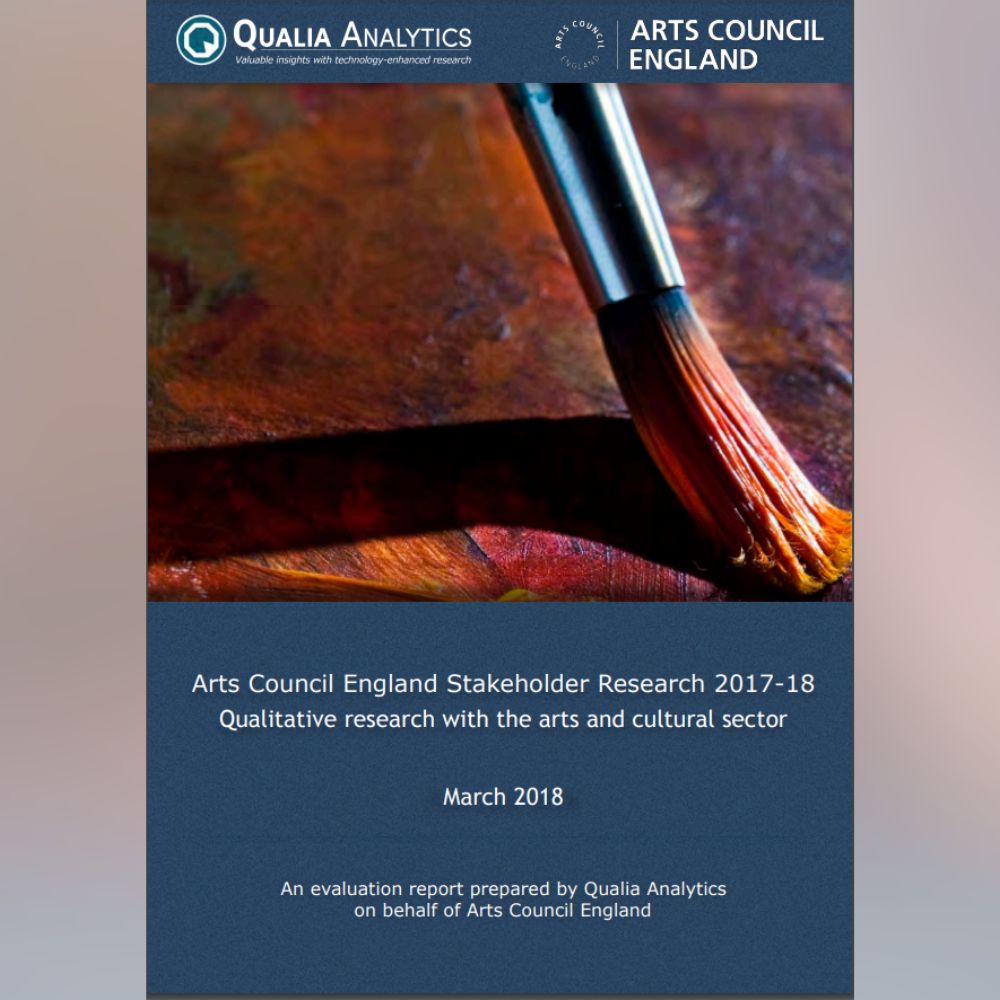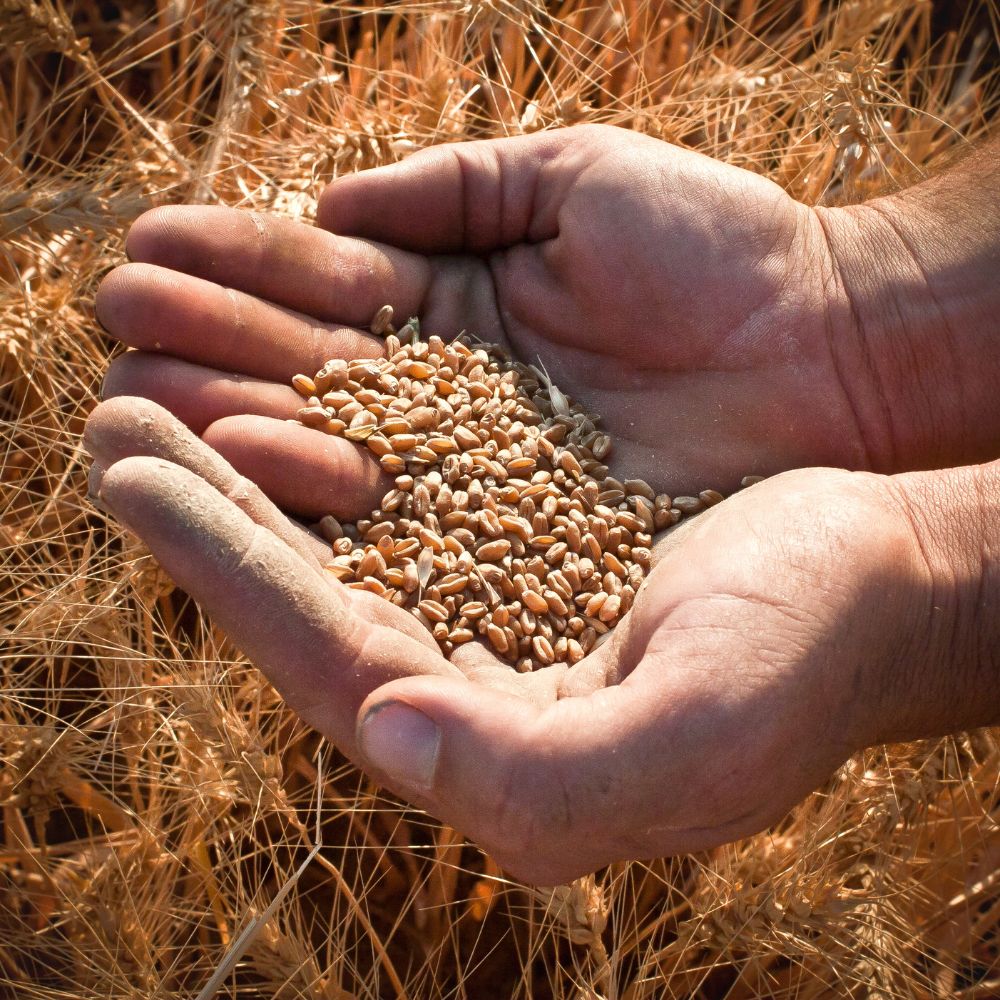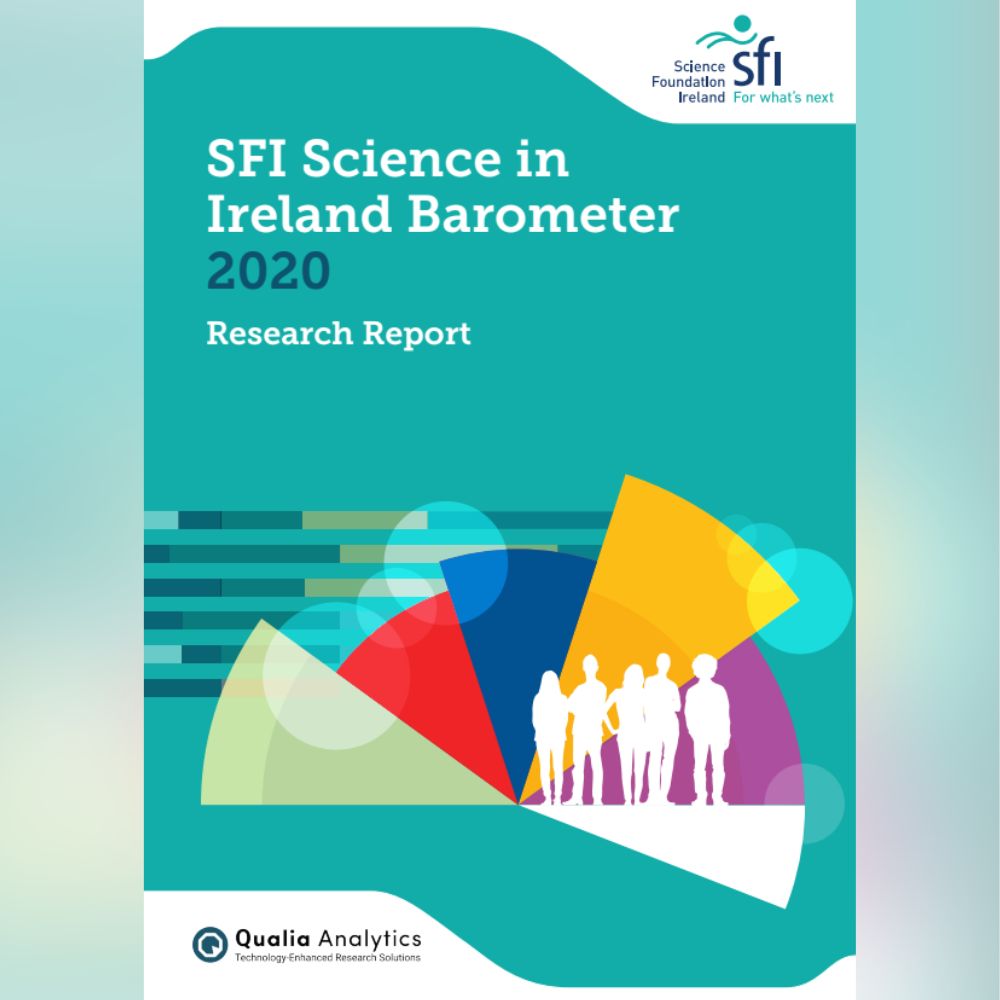Prof. Eric Jensen
CEO and Research Director
Books
Articles
Chapters
Reports
Publications
Books (selected)
2022
Doing research in the real world: 5th Edition
From first planning to writing up your research, this complete guide will help you push your project forward. Walking you through every step you need…
March 2020
Science communication: An introduction
A concise, coherent and easily readable textbook about the field of science communication, connecting the practice of science communicators with theory. In the book, recent…
2016
Doing real research: A practical guide to social research
Challenging the formality and idealized settings of conventional methods teaching and opting instead for a real world approach to social research, this book offers frank,…
2012
Culture and Social Change: Transforming society through the power of ideas.
This book brings together social sciencists to create an interdisciplinary dialogue on the topic of social change as a cultural process. Culture is as much…
Articles in International Peer-reviewed Journals
2021
A Repeated Measures Dataset on Public Responses to the COVID-19 Pandemic: Social Norms, Attitudes, Behaviors, Conspiracy Thinking, and (Mis)Information
The COVID-19 pandemic has highlighted social and cultural issues relevant to public health and the fundamental relationship between science and society. The pandemic has necessitated…
Fall 2020
In defense of evidence-based policy making
This article discusses Daniel Sarewitz’s perspective on the role and priorities of scientific institutions, especially in their pursuit of funding. Sarewitz questions whether increasing science…
July 2020
How should socially responsible science be measured? (eLetter)
Novitsky et al.'s (2020) conclusion that EU-funded research insufficiently integrates socially responsible practices and policies is indisputable and important. However, the measurement approach used in…
April 2020
Re-examining research on motivations and perspectives of scientists relating to public engagement
Rose et al. make a valuable contribution to the literature on scientists’ engagement with publics. Here, I highlight two issues that may help clarify the…
January 2020
Evidence-based science communication
Effective science communication can empower research and innovation systems to address global challenges and put public interests at the heart of how knowledge is produced,…
Feb 2019
Evaluating the impacts of theatre-based wildlife and conservation education at the zoo
The experience of visiting a zoo as a child can be remembered decades later and potentially influences future environmental attitudes. In light of steadily growing…
2018
Preaching to the scientifically converted: Evaluating inclusivity in science festival audiences
Scientific institutions are increasingly embracing values of inclusivity and public engagement, but how do these two dimensions intersect? Science festivals have rapidly expanded in recent…
June 2017
Quantifying long-term impact of zoo and aquarium visits on biodiversity-related learning outcomes
Zoos and aquariums aim to achieve lasting impact on their public audiences’ awareness of biodiversity, its value, and the steps they can take to conserve…
September 2017
Putting the methodological brakes on claims to measure national happiness through Twitter: Methodological limitations in social media analytics
With the rapid global proliferation of social media, there has been growing interest in using this existing source of easily accessible ‘big data’ to develop…
May 2017
Evaluating the impact of a global biodiversity education campaign on zoo and aquarium visitors
Campaigns by zoos, aquariums, and other civil society organizations are an important tool for promoting social changes that benefit the environment. Here, we evaluate a…
Chapters in Edited Books
2015
Microgenetic evaluation: Studying learning in motion
Reflexivity is a category that is too appealing not to arouse interest. It is a concept largely diffused in several psychological domains, as well as…
October 2016
Quantification
Counting has long been a major tool in social science research methodology. In many fields, to understand a phenomenon is to quantify it, to represent…
2014
Developing idiographic research methodology: Extending the Trajectory Equifinality Model and Historically Situated Sampling
Cultural Psychology is a radical new look in psychology that studies how persons and social-cultural worlds mutually constitute one another. With the increase of globalization…
2012
Scientific controversies and the struggle for symbolic power
This book brings together social sciencists to create an interdisciplinary dialogue on the topic of social change as a cultural process. Culture is as much…
2012
Mediating social change: Irony, hybridity and corporate censorship
This book brings together social scientists to create an interdisciplinary dialogue on the topic of social change as a cultural process. Culture is as much…
2012
Introduction: Theorizing culture and social change
This book brings together social scientists to create an interdisciplinary dialogue on the topic of social change as a cultural process. Culture is as much…
2012
Conclusion: Cycles of social change
This book brings together social scientists to create an interdisciplinary dialogue on the topic of social change as a cultural process. Culture is as much…
January 2009
Investigating science communication in the information age: Implications for public engagement and popular media
How are recent policy changes affecting how scientists engage with publics? How are digital technologies influencing how scientists disseminate their work and knowledge? How are…
January 2009
(In)authentic science and (im)partial publics: (Re)constructing the science outreach and public engagement agenda
This chapter describes how focus group interviews were used to investigate scientists expressions of commitment to first (deficit), second (dialogic) and third (contextual) orders of…
Government Reports (selected)
2018
Stakeholder Focus Research: Quantitative findings
As a public body, the Arts Council England aims to maintain effective relationships with both individuals and organisations in the arts and culture sector across…
March 2018
Stakeholder Focus Research: Qualitative findings
This research investigates stakeholders’ views about the Arts Council as part of a periodic evaluation of attitudes about the Arts Council’s priorities, work, relationships, communication,…
February 2014
Household Food Security in the UK: A Review of Food Aid Final Report
This report presents findings from a Rapid Evidence Assessment undertaken from February and March 2013. The aim of the research was to arrive at a…
2011
Role of social media-based public dialogue
As social media expand, policymakers and practitioners are increasingly considering what the role of platforms such as Twitter and Facebook should be in informing public…
2010
Upstream public engagement at the zoo
This report describes key findings from a series of concurrent focus groups comprising the Durrell Wildlife Park - Public Participation Meeting (PPM). This PPM is…
Professional Publications (selected)
2023
Linking policy and practice in monitoring socially responsible research and innovation (RRI): A conceptual framework to evaluate progress through the UNESCO-led Recommendation on Science and Scientific Researchers
This paper sets out a high-level conceptual framework for monitoring the development of socially responsible research and innovation (RRI) systems linked to the global policy…
2022
Introducing cinematic scientific visualization: A new frontier in science communication
With rapid advances in science, data processing, and computer graphics technologies, the line between representations of “real science” and “Hollywood science” is blurring. The film…
2021
South African scientists explain why they make time for science festivals
Science festivals across the world attract millions of visitors every year. They are typically busy, buzzing events: visitors stroll through interactive displays, enjoy science-themed shows…
2021
Has the pandemic changed public attitudes about science?
The article explores how public attitudes toward science and scientists have evolved during the COVID-19 pandemic, as experts and evidence-based approaches took center stage in…
2021
Science in Ireland Barometer 2020 National Survey of Public Attitudes about Science
In 2019, Science Foundation Ireland (SFI) commissioned Qualia Analytics to run the 2020 wave of its public science attitudes survey, the SFI Science in Ireland…
2021
State of the Art of RRI in the Five UNESCO World Regions
The overall project aim is to bring RRI into the linked up global world to promote mutual learning and collaboration in RRI. This will be…
2021
Supporting UNESCO Member States in Evidencing 10 Key Priority Areas – Measures and Indicators for Lithuania, Serbia and South Africa
The UNESCO Recommendation on Science and Scientific Researchers (RSSR) sets out a number of globally agreed expectations for national systems of science to anticipate and…
2020
The UNESCO Recommendation on Science and Scientific Researchers will transform working conditions, rights and responsibilities of researchers globally
While national science and innovation public policy is often in flux, truly global science policy initiatives are rare. Such a global initiative gained acceptance in…
2020
For science communication to be effective it should be evidence based
At its best, science communication can empower research and innovation systems to address global challenges. It does this by improving the relationships with stakeholders in…
2017
Mapping of funding for digital projects and skills
Jensen, A. M., Jensen, E. A. & Romain, S. (2017). Mapping of funding for digital projects and skills. Department for Digital, Culture, Media and Sport (DCMS):…
Research | Evaluation | Engagement | Training
Ireland | United States of America | Estonia
methodsinnovation.org is owned and operated by The Institute for Methods Innovation, which is a registered US non-profit, tax-exempt corporation under 501 (c)(3) of the Internal Revenue Code. The Institute for Methods Innovation is also a registered non-profit in Ireland and Estonia.
© Institute for Methods Innovation 2017-2025. All rights reserved.
